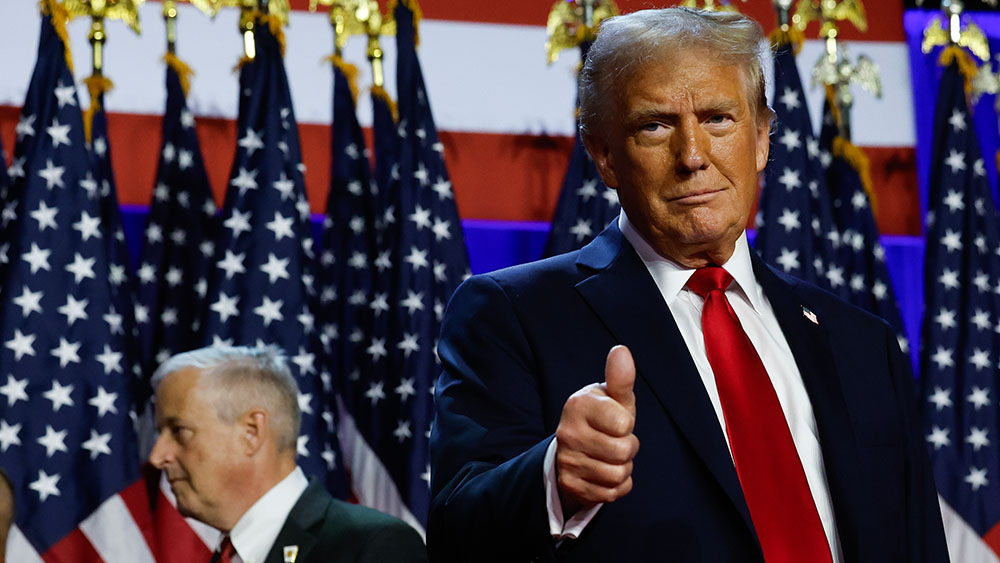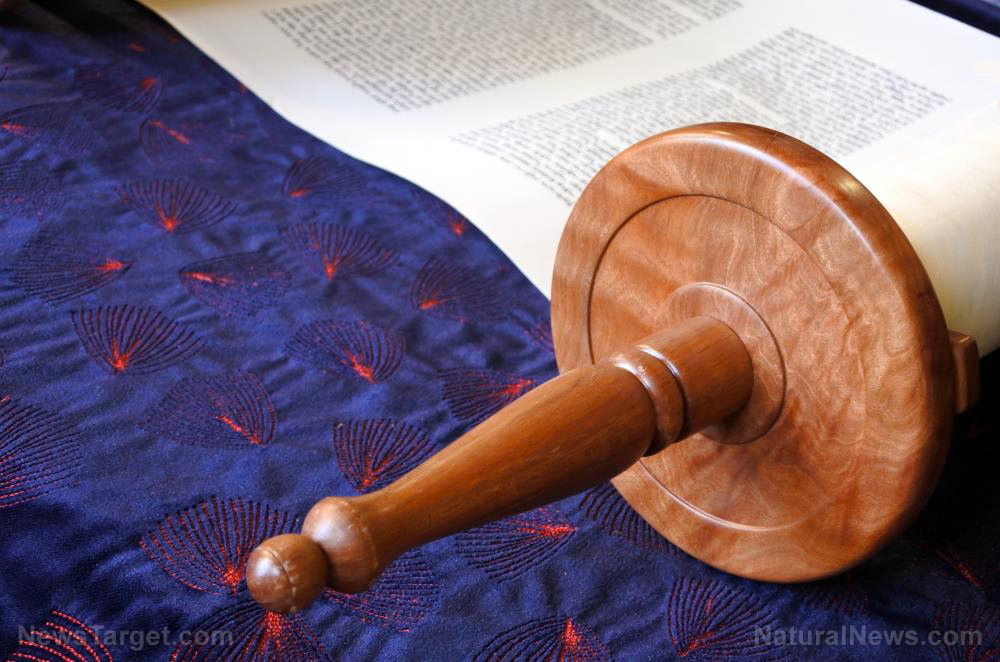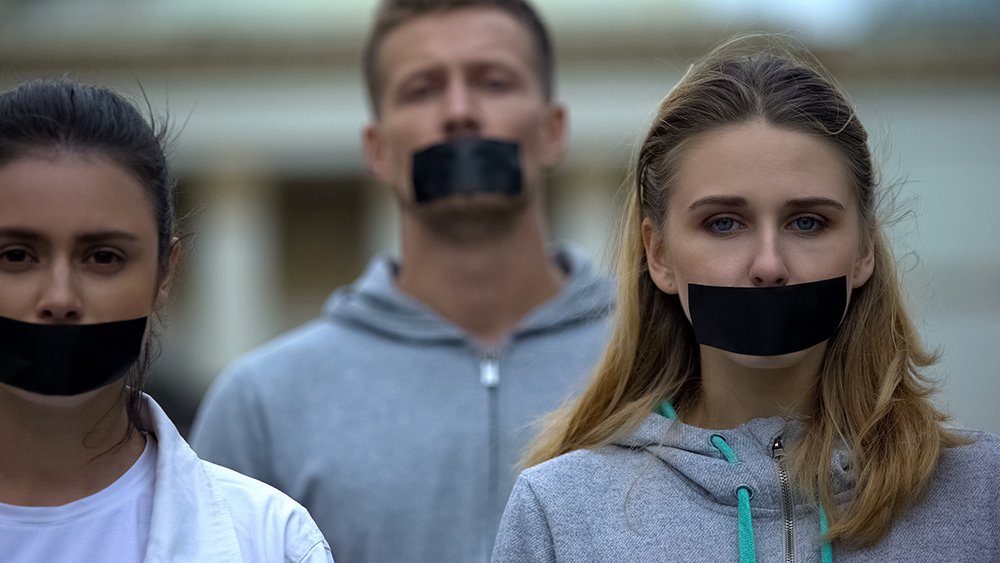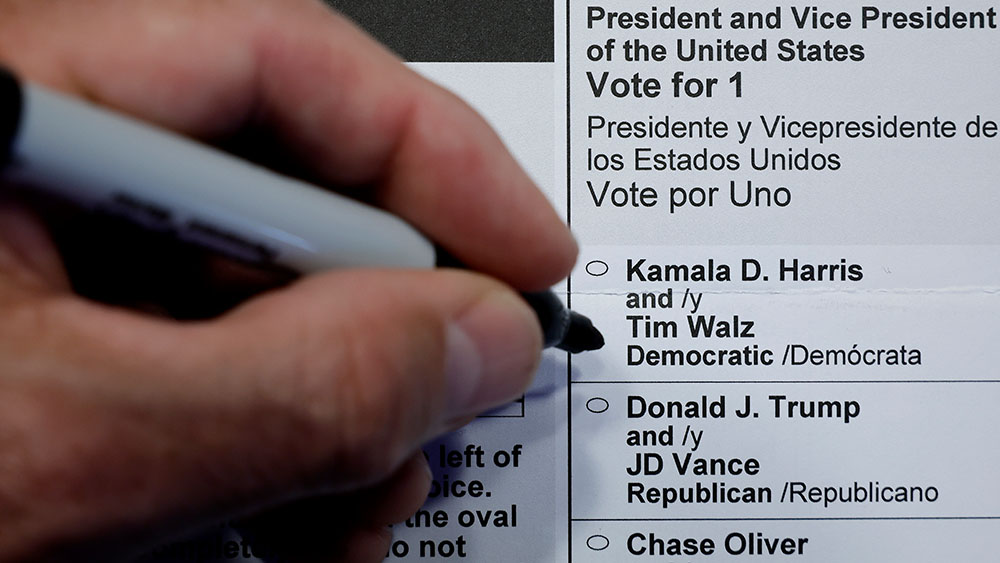Social media censorship in the EU about to go into overdrive with upcoming new rules against “disinformation”
11/11/2024 / By Ava Grace
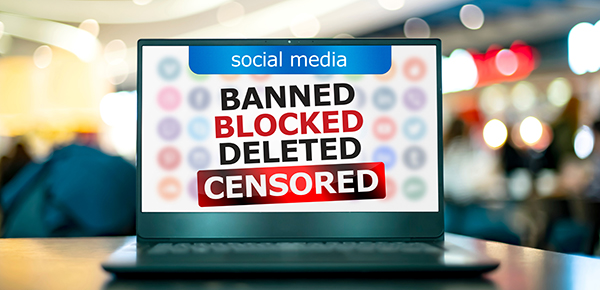
The European Union is about to implement new rules against so-called disinformation under the Digital Services Act (DSA), which will mean more censorship of content on social media platforms.
The European Parliament passed the DSA into law in November 2022, and it came into full force in February 2024 with the proclaimed goal of creating “a safer and more accountable online environment” in which the “fundamental rights of users” will be protected. (Related: Ursula von der Leyen hopes the EU Digital Services Act will tackle WEF’s top concern: The truth getting out.)
“The DSA applies to all digital services that connect consumers to goods, services or content,” reads a statement on the website of the European Commission, the EU’s top executive body. “It creates comprehensive new obligations for online platforms to reduce harm and counter risks online, introduces strong protections for users’ rights online, and places digital platforms under a unique new transparency and accountability framework.”
Critics note that what started out as the EU’s “voluntary code of practice” concerning “disinformation” is now set to turn into a mandatory code of conduct not just for Big Tech and their social media platforms but also for people on those platforms.
As of today, the “voluntary” code has been signed by 44 tech companies and it should become mandatory in January 2025. This will apply to tech companies that the EU defines as Very Large Online Platforms (VLOPs), or those that have at least 45 million monthly active users in the bloc.
Responsibility of dealing with disinformation being passed on to tech companies
Tech experts have said that in its present form, the responsibility of limiting the spread of so-called “illegal content and illegal products online” and “the protection of minors” has been passed by the EU on to social media platforms and the tech companies that run them. They are now being mandated to “give users more choice and better information.”
Since the DSA entered into law in the EU, online platforms and search engines have been required to improve accountability and oversight by introducing new flagging mechanisms for what the authors of the law deem “illegal content.”
At present, the DSA’s provisions require online platforms to carry out disinformation-related risk assessments and reveal what measures they are taking to mitigate any risks revealed by these assessments.
However, when the code is transferred from “voluntary” to “mandatory,” these obligations will also include other requirements such as demonetizing the dissemination of so-called disinformation, empowering so-called “fact-checkers” and the mandatory cooperation with civil society groups and fact-checking organizations, especially during elections.
Tech critics note that this also means that not only will “fact-checking” be spread across the EU from member countries but it will also make the VLOPs finance these groups. This will be applied even though many of the most prominent “fact-checkers” have been consistently accused of censorship instead of checking content for accuracy in an unbiased manner.
“It is for the signatories to decide which commitments they sign up to and it is their responsibility to ensure the effectiveness of their commitments’ implementation,” the EU said.
Watch this segment from “Redacted News” that discusses the Digital Services Act.
This video is from the NZ Will Remember channel on Brighteon.com.
More related stories:
Losing their grip: Why anti-“misinformation” crusaders are mourning the end of control.
Facebook hires top Israeli advisor to censor pro-Palestien social media content.
The Democracy Fund: Trudeau’s Online Harms Act could weaponize courts and stifle free speech.
Sources include:
Submit a correction >>
Tagged Under:
banned, big government, Big Tech, Censored, Censorship, Digital Services Act, disinformation, EU, European Commission, European Union, Fact-checking, free speech, online speech, Social media, speech police, Suppressed, tech giants, technocrats
This article may contain statements that reflect the opinion of the author
RECENT NEWS & ARTICLES
COPYRIGHT © 2017 PENSIONS NEWS

